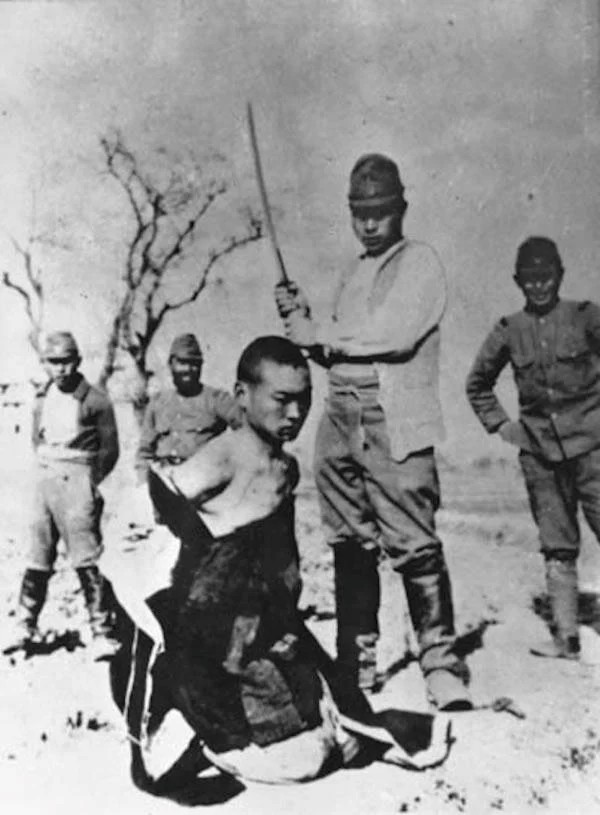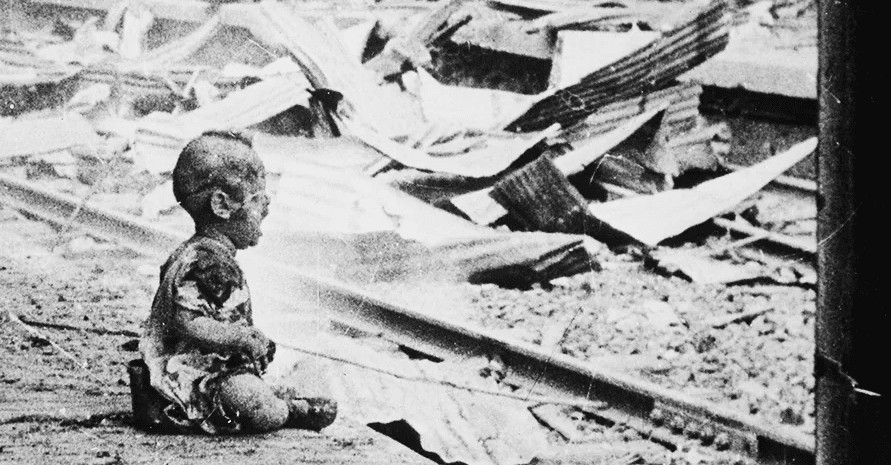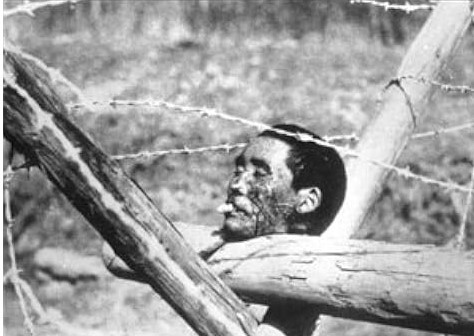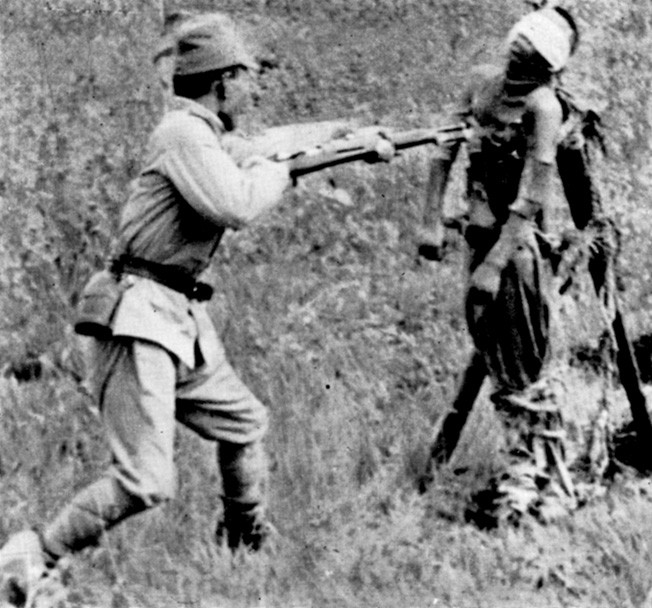
I write this a little late, but it is intended to commemorate the 93rd anniversary of the start of the Second World War. What? some of you may ask, that is incorrect, everybody knows that the war started 79 years ago, in September 1939. However, I respectfully argue that everybody is wrong; the war really started on September (a popular month for tragedies) 18, 1931, near Shenyang (then known in the West as Mukden), capital of Liaoning Province in northeast China, when Japanese soldiers blew up part of a railway line owned by a Japanese Company, and accused the Chinese of doing it, using it as an excuse for a full invasion of northeast China (Manchuria).
Eventually the Japanese gained control, and set up the puppet state of Manchuguo, with the deposed last emperor of China, Pu Yi, as its titular head. And then, when they felt strong enough, they used a trivial incident on 7 July 1937, in which the Chinese side fired on the Japanese who were looking for an allegedly missing soldier (he had already returned to his base) to start the Second Sino-Japanese war (known in Chinese as the ‘War of the People’s Resistance Against Japanese Aggression), which led to an all-out invasion of China by the Imperial Japanese Army. This incident is known as the Lugou Bridge incident in Chinese, the Marco Polo Bridge incident in English. 
Two weeks later there was a major battle at Tianjin, not far from Beijing, and in early August, 1937 the 日本鬼子 (Riben guizi) or ‘Japanese Devils’ as the Chinese then called them, bombed and attacked Shanghai, with half a million soldiers. The Chinese (Guomingdang) government was based in Nanjing (often referred to in the West as Nanking) but they were forced to flee to the far west when the Japanese approached the city.
What followed next is burned into the memory of the Chinese people, an atrocity unmatched in its savagery in any single incident in the war and seldom throughout history; the Rape of Nanjing, also called the Massacre of Nanjing, in December 1937. Estimates suggest that the Japanese massacred at least 300,000 people, most of them civilians. The Japanese commander ordered his men to treat the people of Nanjing as sub-humans, who could be murdered, tortured and raped at will. They needed little encouragement.
The horror lasted a full six weeks. Thousands were buried alive, machine-gunned or used for bayonet practice. Females were taken and forced into labour as “comfort women” (sex slaves for Japanese officers and soldiers). Around 80,000 women were brutally raped and tortured. Over one third of all of the city’s buildings were destroyed.
Japanese officers enjoyed what they called a ‘100 men killing competition’ in which they decapitated 100 men using swords. A major Japanese newspaper reported this contest on 13 December 1937 in headlines reading "'Incredible Record' in the Contest to Behead 100 People—Mukai 106 – 105 Noda—Both 2nd Lieutenants, Go Into Extra Innings".
Throughout the war, the Japanese acted with extreme savagery. They conducted experimentation for biological and chemical warfare on living people, injecting them with diseases like anthrax, smallpox, cholera, dysentery and typhoid. Other experiments studied the effects of food deprivation and extreme cold; amputation without anaesthesia; and the effects of chemical weapons and flamethrowers. The Japanese also bombed cities like Ningbo and Changde with fleas carrying bubonic plague. Vast swathes of China were decimated by Japan’s ‘scorched earth’ warfare, epitomised by the Japanese slogan “kill all, loot all, destroy all”.
The war in China is not well known in the West, but it was of great importance. Around 20 million Chinese died in it and around 17% of all Japanese soldiers who were killed in the war died in China.
And it must not be forgotten that it was the Japanese invasion that led to the Communist takeover in 1949, one of the worst tragedies ever to befall the unlucky Chinese people.
And unfortunately, the Sino-Japanese war is still having its effects. This year, on 18th September some crazy person went into a Japanese school in Shenzhen, in Guangdong Province, and murdered a 10-year-old Japanese student with a knife
The attack was the latest in a series of recent knife assaults in China. In June, a Japanese woman and her child were wounded when a knife-wielding man targeted the bus of a Japanese school in Suzhou in the eastern province of Jiangsu. A female Chinese bus attendant who tried to stop the attack was killed.
As a Chinese, both of whose parents fought against the Japanese, I have no hatred of Japanese people. Japan was the first place I went to after leaving China. I got a job in London with a Japanese company, and I have Japanese friends. But if I am to be honest, I can’t help getting a little upset if people ask me if I am Japanese.
(I apologise for the gruesome photgraphs, but they tell the truth.)
